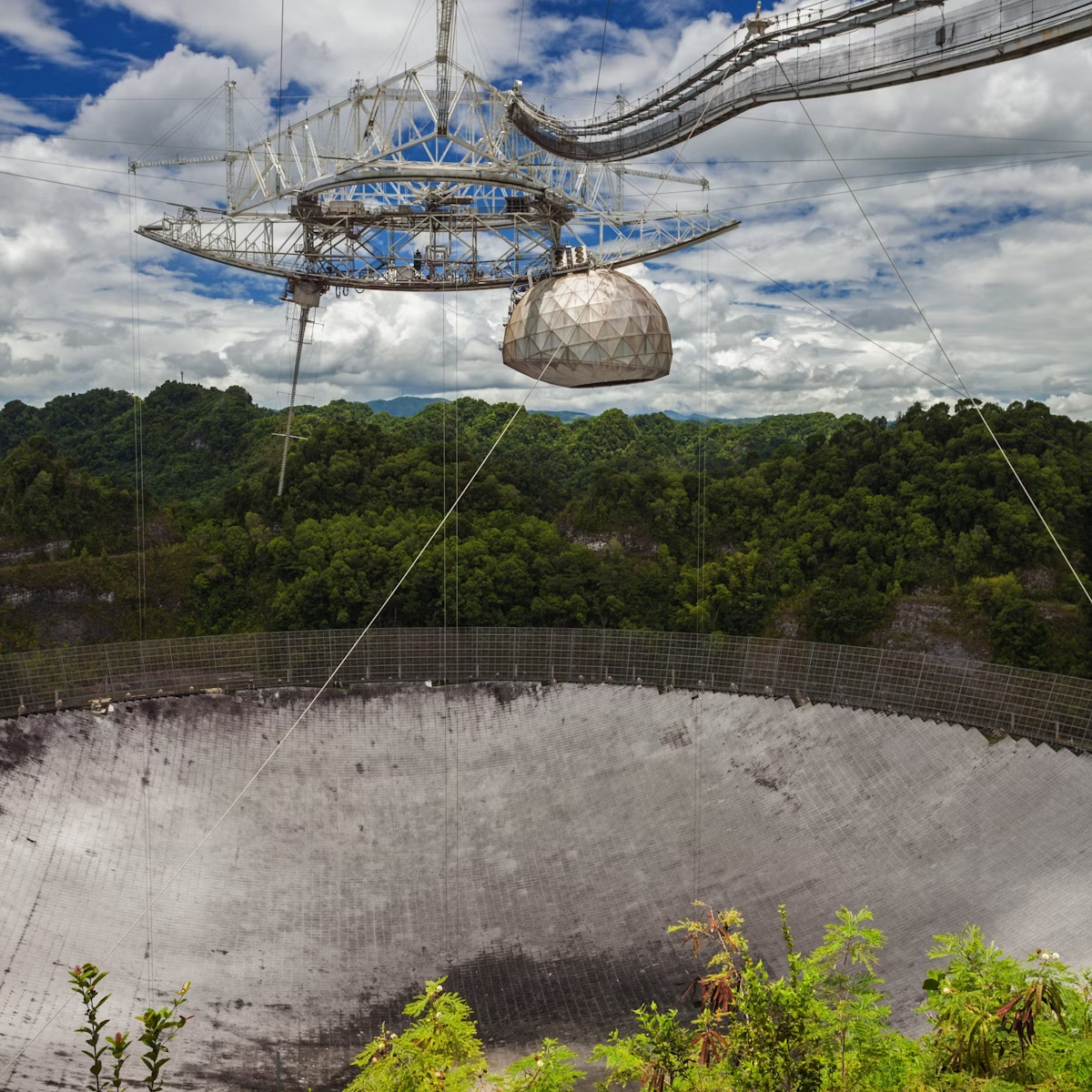The immense 10,000-acre expanse of the Gu√°nica Biosphere Reserve is one of the island's great natural treasures. Located in two wonderfully untrammeled sections just east and west of Gu√°nica, this remote desert forest is among the world's best examples of subtropical dry-forest vegetation, containing extraordinary flora and fauna as a result. In the larger, more tourist-friendly eastern portion, numerous trails intersect this astonishing ecosystem, lending themselves well to mountain biking, birdwatching and hiking.
Scientists estimate that only 1% of the Earth's original spread of dry forests of this kind remain, and the fact that there is such a vast acreage here renders this a rare sanctuary.
More than 700 varieties of plants, many near extinction, thrive in the reserve. Some of the unusual species here include the squat melon cactus with its brilliant pink flowers that attract hummingbirds. Another plant, with the unseemly name of the Spanish dildo cactus, grows into huge treelike shapes near the coast and attracts bullfinches and bats. Of the fauna, nine of Puerto Rico's 14 endemic bird species can be found here, including the Puerto Rican woodpecker, the Puerto Rican emerald hummingbird and – the ultimate prize for birdwatchers – the exceedingly rare ‘prehistoric’ Puerto Rican nightjar, of which there are estimated to be as few as 1500.
When out hiking or biking, the 30-odd miles of trails hammer you with contrasts at every turn, alternating between arid, rocky, scrub-covered highlands and almost 12 miles of remote, wholly untouched coast.
Several trails sally forth from the Bosque Estatal de Gu√°nica's ranger station and are of varying lengths and difficulty. Camino Ballena perhaps best demonstrates the contrasting topography of the reserve, while the most exhilarating route of all is the reserve's coastal hike, the Vereda Meseta. Most of the trails here are wide and at least a little metaled, making for great mountain biking as well. Nothing technical, but superb scenery and deserted routes.
There are two main routes into the eastern section of the reserve: Hwy 334 climbs from Guánica to the reserve's ranger station and the nexus of the majority of the trails, while Hwy 333 traverses the eastern reserve's coast to Bahía de la Ballena and further hikes.



